News: World Trade System
The Perfect Storm: Interventionism, Inequality, Decoupling and Zombies

Carlos A. Primo Braga, Associate Professor, Fundação Dom Cabral and former Director, Economic Policy and Debt, The World Bank.
Covid-19 already ranks among the most impactful pandemics of the last 100 years. Most governments have put their economies in a temporary “coma” with a view to mitigate the spread of the virus (SARS-CoV2). This inevitably increases the economic pain associated with the pandemic in the short run and generates pressures for a quick return to normality. Lessons from the past, however, suggest that the health crisis can go on for much longer than most politicians anticipate.
[Read more about The Perfect Storm: Interventionism, Inequality, Decoupling and Zombies]
What could generate inclusive structural transformation in Africa?

By Dessie Tarko Ambaw, Postdoctoral Researcher, Institute for International Trade
Africa has experienced strong economic growth since the turn of the century, averaging 4.6% per annum. Yet achieving inclusive growth and structural transformation continue to be pressing challenges. Africa is the only continent where the number of poor people is still increasing.
[Read more about What could generate inclusive structural transformation in Africa?]
India’s Trade Policy: Embracing national interests and selective engagement
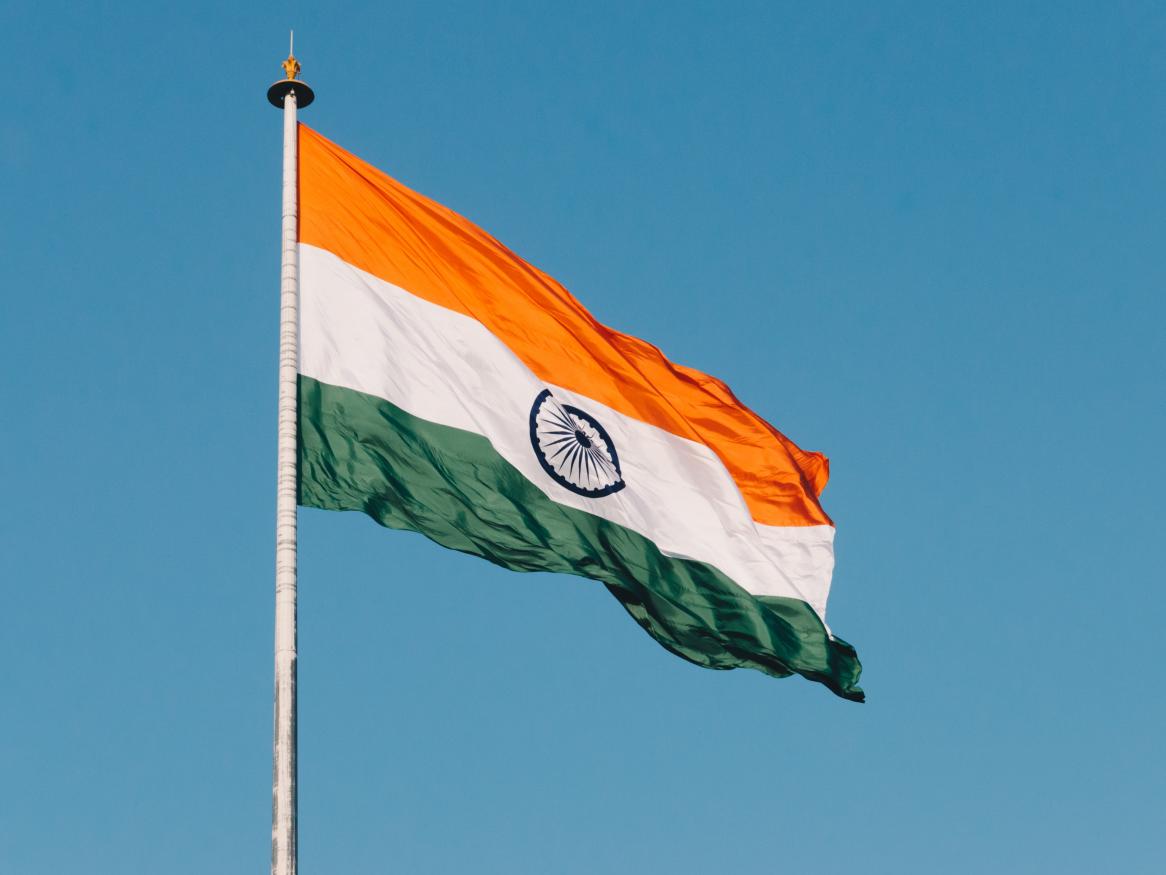
By Amitendu Palit, Senior Economic and Trade Policy Research Fellow at the Institute of South Asian Studies in the National University of Singapore.
Six months have passed since India decided to stay out of the Regional Comprehensive Economic Partnership (RCEP). With the rest of the RCEP members going ahead with the agreement and finalizing its text, India is unlikely to be a part of RCEP in the foreseeable future. This is notwithstanding the hint dropped by India’s external affairs minister Dr. S Jaishankar earlier in the year on India ‘rethinking’ the decision.
[Read more about India’s Trade Policy: Embracing national interests and selective engagement]
COVID-19 and Africa

By Ziyaad Ebrahim, IIT PhD Candidate and Independent Trade and Development Consultant.
Africa is poised to be the next epicentre of the COVID-19 pandemic, according a report by the United Nations Economic Commission for Africa (UNECA). It suggests that in the best-case scenario, the virus would result in 300,000 deaths. At this stage, the mortality rate associated with the virus in the most affected regions is higher amongst the elderly population, whereas 60% of Africa’s population is below the age of 25.
Europe and Australia: Seizing the opportunity for recovery and bounceback.
26 May, Peter Horn (Austrade General Manager, Europe) and Alison Burrows (Chief Negotiator, EU-Australia FTA) spoke in a webinar on Europe and Australia: Seizing the opportunity for recovery and bounceback
[Read more about Europe and Australia: Seizing the opportunity for recovery and bounceback. ]
China used anti-dumping rules against us because what goes around comes around
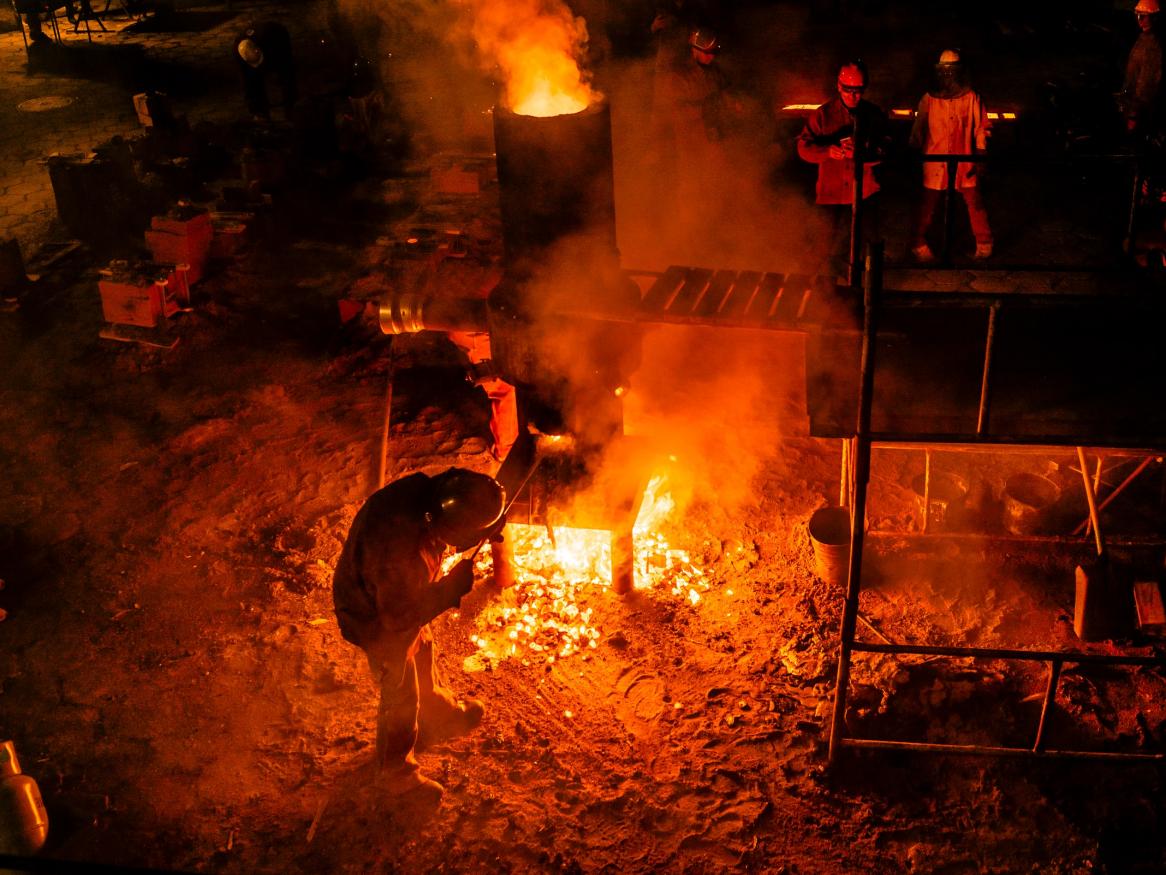
Australia has acted with dismay to China’s decision to impose punitive mostly “anti-dumping” tariffs of 80.5% on imports of Australian barley. The culmination of an 18-month investigation, China’s move threatens to wipe out Australian barley exports to China, worth A$600 million in 2019, unless China withdraws the measure either unilaterally or following a successful challenge at the World Trade Organisation (WTO). However poorly justified, there are precedents for what China has done, many of them from Australia.
[Read more about China used anti-dumping rules against us because what goes around comes around]
COVID-19 and the ASEAN Summit: Acting on Medical Supplies and Food Security
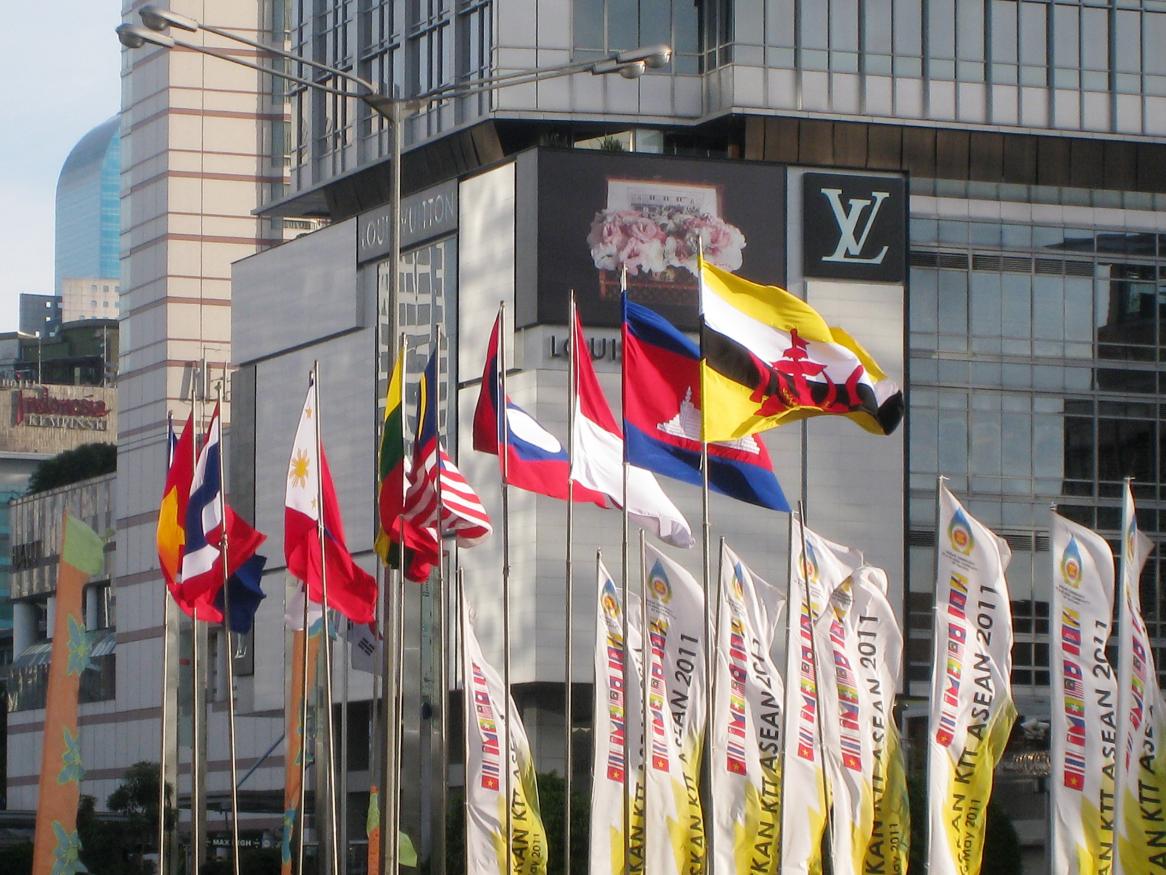
by Milton Churche and Michael Mugliston, visiting fellows, Institute for International Trade, The University of Adelaide
COVID-19 has presented the world with both a major health and economic crisis. These crises have so far revealed a lack of leadership at the international level, thereby preventing a concerted response in the way that we have often seen in previous crises.
[Read more about COVID-19 and the ASEAN Summit: Acting on Medical Supplies and Food Security ]
Emerging from Lockdown: Threats to the international trade system
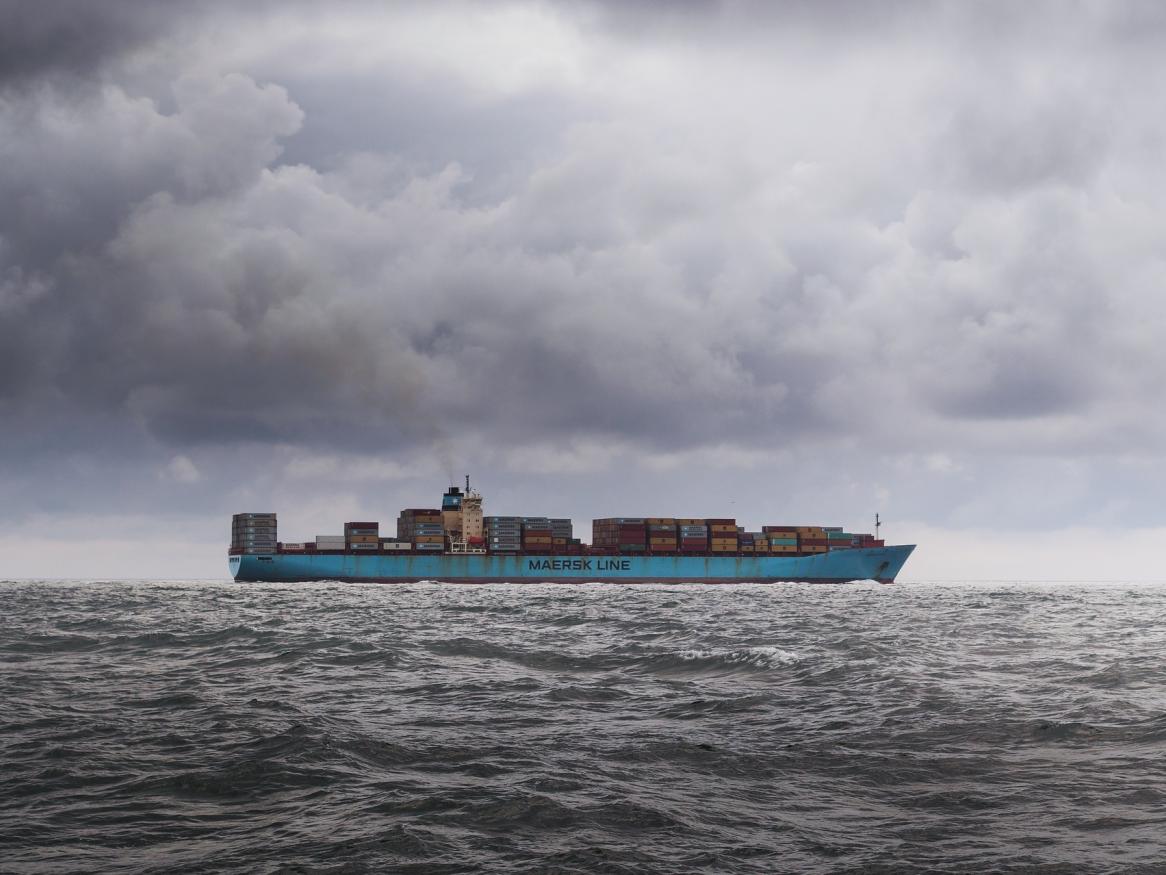
Richard Pomfret - Professor of Economics & Jean Monnet Chair Economics of European Integration, The University of Adelaide
As COVID-19 curves flatten globally and policymakers’ attention turns to resuming economic activity safely, attention is inevitably focused on domestic matters. What is the trade-off between the economic costs of caution that delays economic revival and the health costs of over-hasty removal of measures that are holding back the spread of the virus?
[Read more about Emerging from Lockdown: Threats to the international trade system]
Europe Day 2020
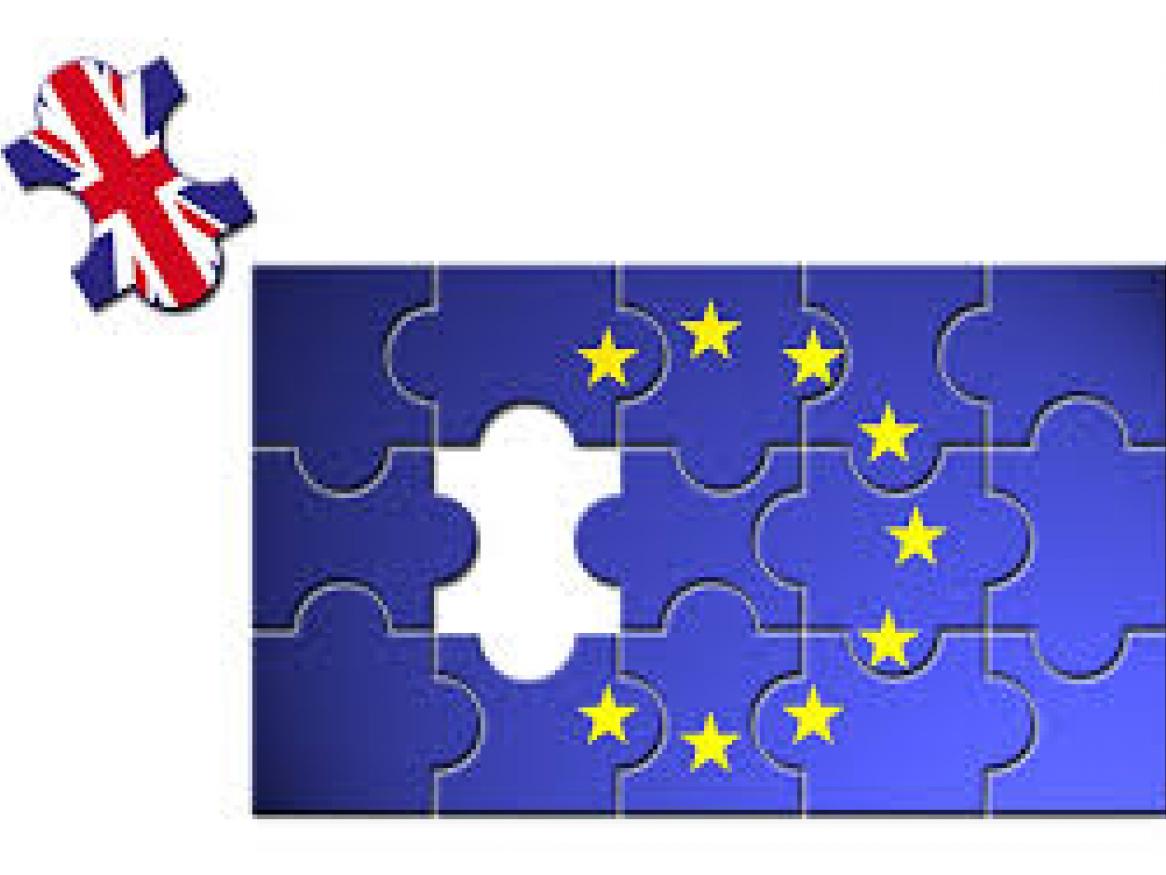
On 9 May the EU celebrates peace and unity in Europe. It marks the anniversary of the day in 1950, when Robert Schuman, the then French foreign minister and former German soldier, set out his idea for a new form of political cooperation in Europe, which would make war between Europe's nations unthinkable.
Is Competition from China So Special?
Dr Benedikt Heid, Senior Lecturer - School of Economics The University of Adelaide
The rapid increase in China’s exports in recent decades has led to concerns that they are displacing other countries’ exports. As the sophistication of Chinese exports has increased, the concerns are now shared by high-income countries including Australia.
In a new Discussion Paper (Is Competition from China So Special?), Dr. Benedikt Heid from the University of Adelaide School of Economics and two co-authors from Spanish universities analyse Spanish exports from 1997 to 2016.
This work is licensed under Commons Attribution-NonCommercial-NoDerivatives 4.0 International License.
IIT is a global leader in researching, analysing and commenting on International Trade.
Stay informed about our up-and-coming seminars, events, publications, awards, new projects and collaborations, and other exciting news.
